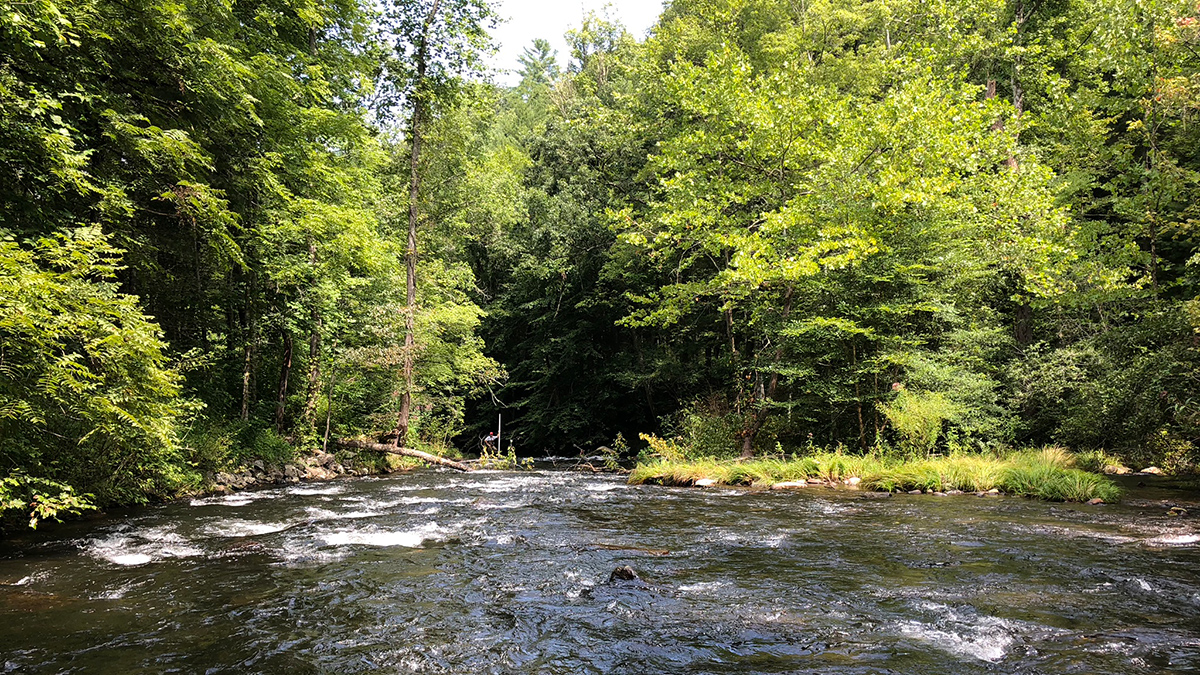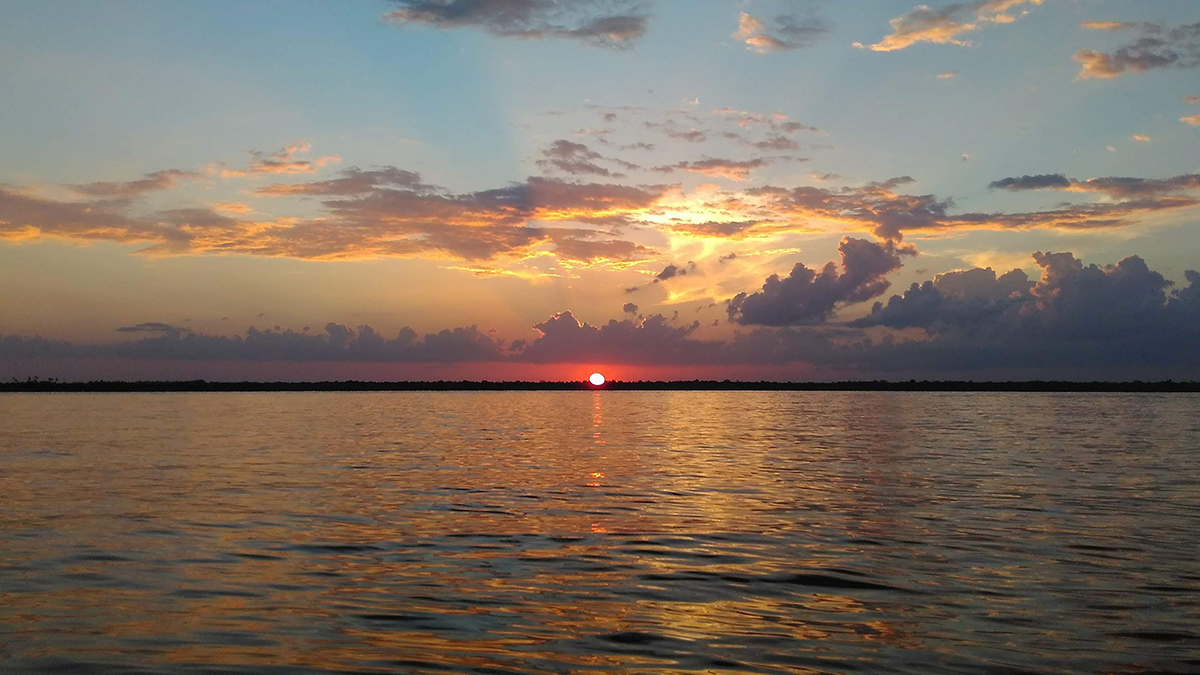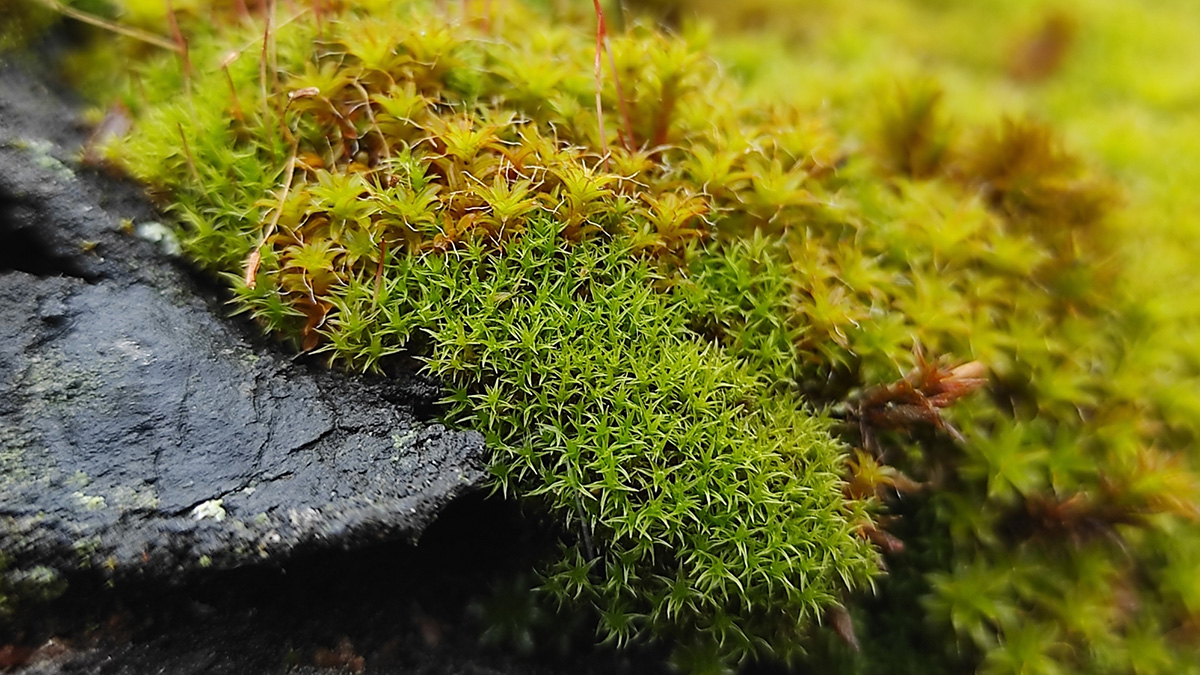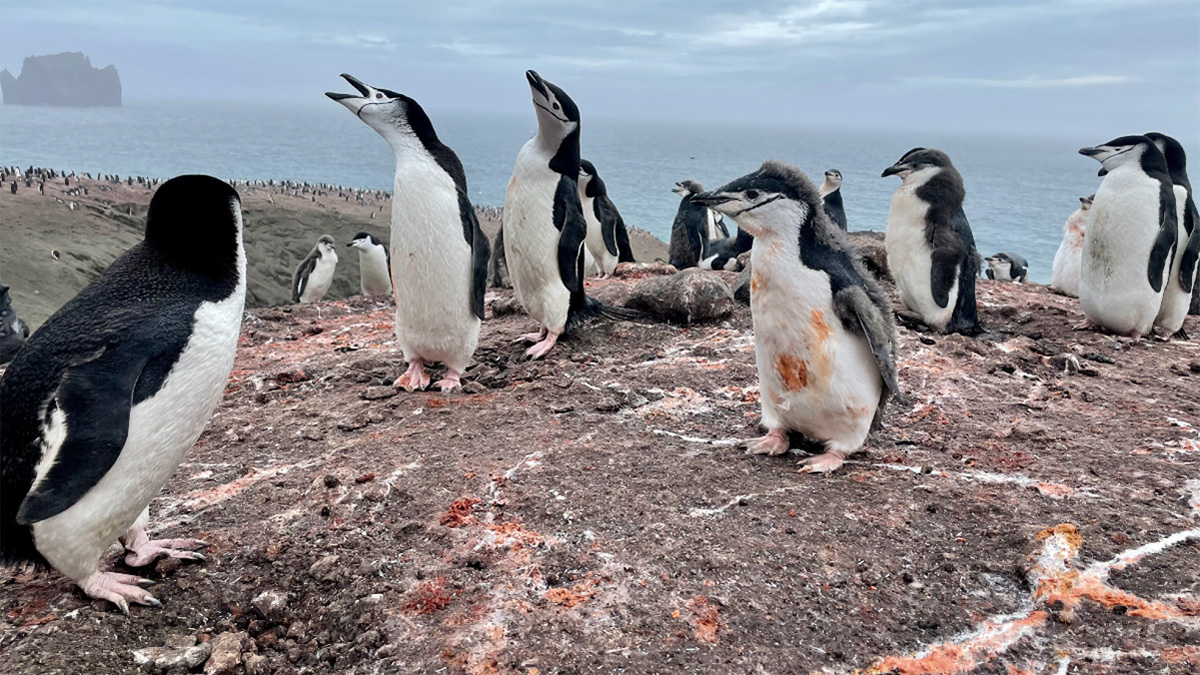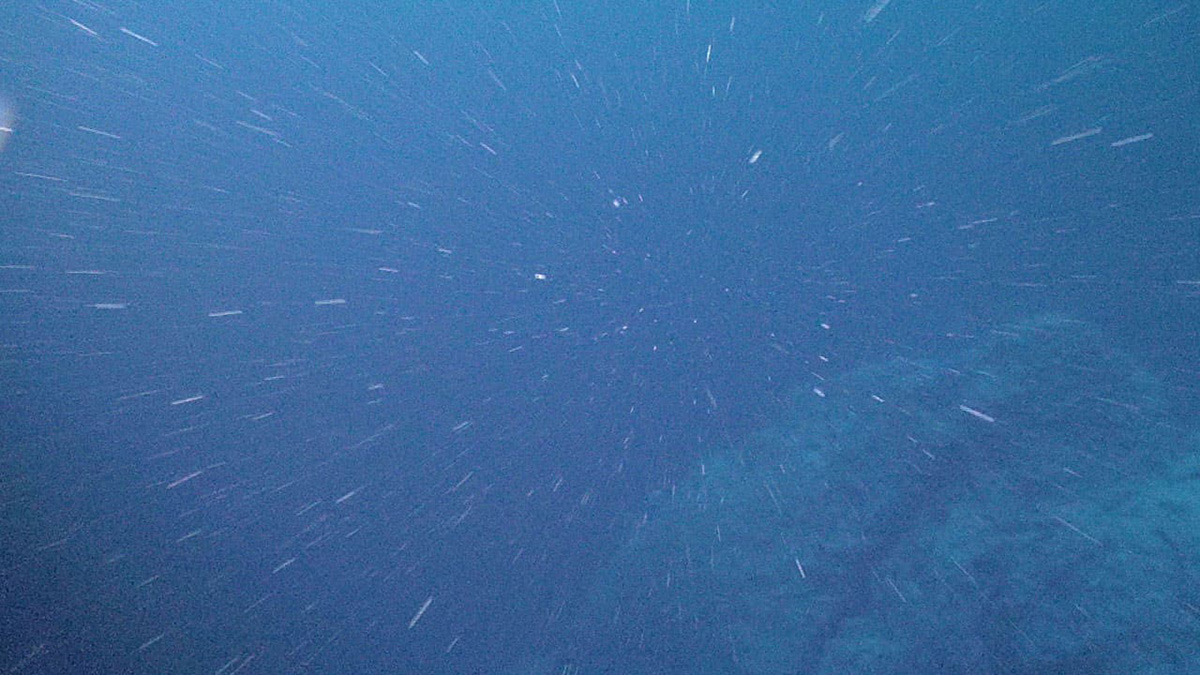Improved agricultural nutrient management could improve stream water quality by reducing phosphorus levels, but rising temperatures and rainfall due to climate change might offset improvements.
nutrients
Biogeochemical Insights from a Major Amazonian River
Underrepresented in global carbon budgets, tropical rivers like Brazil’s Tocantins are in need of study to establish their baseline characteristics in the face of increasing global change.
Scientists Discover a Way of Forming Suspended Layers of Sediment
Laboratory experiments suggest that underwater gas eruptions—due to the venting of gas hydrates, for example—could trigger the formation of layers of suspended sediment in the ocean.
Ambidextrous Microbes May Pump Out CO2 as Temperatures Rise
Certain microbes that engage in both photosynthesis and predation are more likely to do the latter as the planet warms, resulting in a net release of carbon dioxide.
Mosses Play Key Roles in Ecosystems from Tropics to Tundra
A global survey of mosses growing on soil found that the somewhat underappreciated plants cover a vast area and perform tasks such as sequestering carbon.
Penguin Poop May Flush Iron into the Southern Ocean
Nutrients from the seabirds’ guano fuels the growth of carbon-storing phytoplankton, but penguin populations have plunged in the past 4 decades.
Harpy Eagles Concentrate Precious Nutrients in the Amazon
Amazon soils are usually low in the nutrients that plants covet, but harpy eagles can create local hot spots with their poop and prey.
Tropical Cyclone Triggered Record Algal Bloom in the South Pacific
In 2019, Tropical Cyclone Oma hovered over the Coral Sea in the South Pacific, leaving a massive algae bloom in its wake.
Analyzing Sources of Pollution in the Great Lakes
Understanding how agriculture and land use affect nutrient flows and concentrations in the vast area of the Great Lakes is an essential step to developing sustainable management strategies.
La estacionalidad del ciclo del carbono oceánico
Un grupo de científicos investigaron el impacto de los cambios estacionales en la cantidad y velocidad del carbono que viaja desde la superficie al océano profundo.

